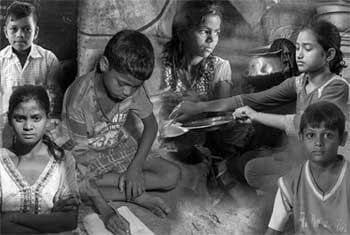New Delhi: The Government of India has removed nearly 2.25 crore ineligible beneficiaries from the National Food Security Act (NFSA) free monthly ration scheme over the past four to five months, marking one of the largest cleanup exercises in the Public Distribution System (PDS) in recent years. The effort aims to ensure that subsidized food grains reach only the rightful and genuinely needy recipients.
Officials said the beneficiaries were identified for deletion through an extensive data triangulation and Aadhaar-based verification process. Categories flagged as ineligible included deceased individuals, income tax payees, government employees, owners of four-wheelers, and company directors. The final removal was done only after states conducted on-ground verification of each case.
Objective: Reduce Leakages and Improve Trust
The cleanup is part of the Center’s attempt to reduce fiscal leakage, enhance subsidy targeting, and restore public trust in the country’s massive food security system. The NFSA currently covers over 19 crore ration card holders, served through a network of nearly 5 lakh fair price shops across India.
Officials emphasized that the exercise is not merely about deletions. States have been instructed to simultaneously add eligible beneficiaries to ensure coverage keeps pace with real-world socio-economic changes.
AI-Powered Monitoring System ‘Asha’ Launched
In a major technological upgrade, the government has also introduced “Asha,” an AI-driven direct beneficiary feedback system designed to improve transparency, track service delivery, and strengthen grievance redressal. The platform aims to ensure that beneficiary lists remain accurate and that delivery failures or corruption can be detected in real time.
Expert Backing and Constitutional Alignment
Policy experts say the rationalization aligns with longstanding recommendations to focus the PDS on the genuinely vulnerable, preventing wastage and misuse of public resources.
The initiative also reflects the evolution of India’s food security framework from a welfare-oriented approach to a rights-based model, upholding the right to food as an essential component of the right to life under the Indian Constitution.
















